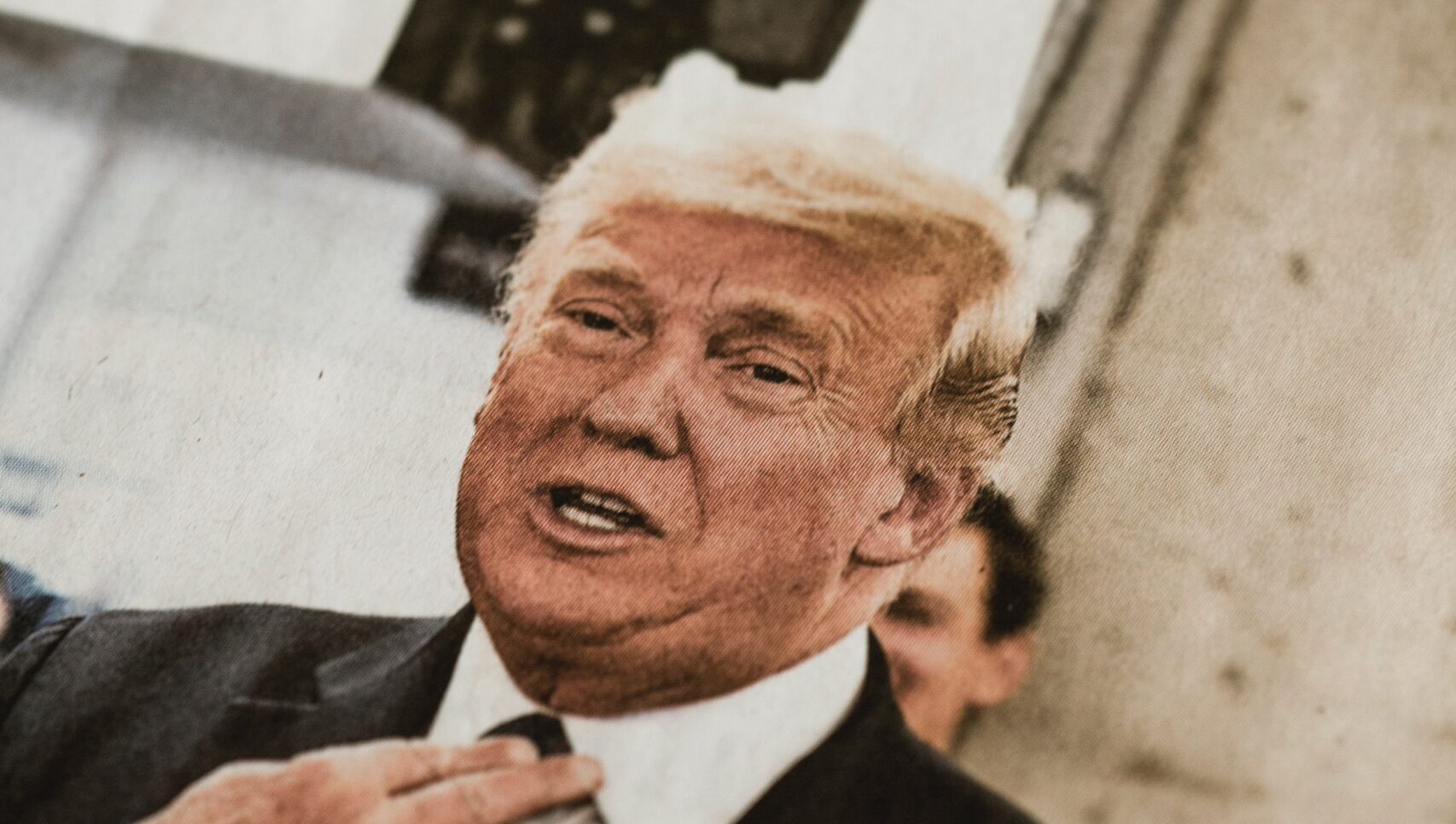The Russian invasion of Ukraine is shaping up to be a key issue as Republican presidential candidates cultivate campaign platforms for what will undoubtedly be a fiercely fought process for the nomination over the coming months. Where pro-Ukraine and anti-Putin stances were once the norm in the Republican Party, there has been much more ambivalence in Republican foreign policy thought since the rise of Donald Trump, who has prioritised the hardheaded promotion of American domestic interests over that of the traditional role of the U.S. as the global protector of democracy. Indeed, regardless of who the Republican Party chooses as its presidential nominee, one of the lasting influences of Trump may be the way in which he has shifted the terms of foreign policy debate amongst Republicans for the foreseeable future.
To understand this shift, it is first necessary to appreciate the extent to which Trump’s own foreign policy decisions were informed by the discontent among U.S. voters regarding promoting democracy abroad. Costly wars in Afghanistan and Iraq, as well as interventions in Libya and again in Iraq following the rise of ISIS, were among the factors that caused many to doubt the establishment foreign policy consensus which centered around the use of the U.S. military abroad to promote democracy and counter foreign threats. There is now wariness for more U.S. foreign intervention and both cynicism and suspicion among some about the usefulness of being the international promoter of democracy. In fact, Trump insists that U.S. domestic interests are what matter, and he doesn’t place democracy among such interests. His position regarding Ukraine reflects this. Trump sees little merit in picking sides in the conflict, opting instead to “make a deal” between the two states.
The pre-Trump era Republican Party was surer of its support for Ukraine. To see this, simply contrast Trump’s public pronouncements to the response by Republicans in 2014 to the annexation of Crimea and war in the Donbass region, in which the Party was much more unanimous and forthright in its condemnation of Russia and pledge to support Ukraine. Notably, the Junior Congressman Ron DeSantis was among the Republicans who supported the arming of Ukraine. Yet, fast forward to 2023, DeSantis has now outlined in a statement to Tucker Carlson that the ‘territorial dispute’ between Ukraine and Russia is not a vital national interest. Although DeSantis has since spoken harshly about Vladimir Putin, condemning the latter as a “war criminal,” his ambiguity reflects the reality of a shift in views amongst the Republican base. Even more telling in this respect is Carlson’s allegation—without evidence—that Ukraine was responsible for destroying the Kakhovka Dam. This follows a trend of Carlson’s attacks against Ukraine which appear intended to paint Russia as the victim, contributing to a perverse view of the Russian invasion of Ukraine that leads to a situation in which the leading candidates in the Republican Primary, Trump and DeSantis, struggle to articulate a consistent message regarding who is responsible for the conflict.
Other Republican contenders like former Vice President Mike Pence and former Ambassador to the UN Nikki Hayley hold once common Republican Party views on foreign policy. They both see the need to counter Russian aggression by supporting Ukraine: failing to do so would be to fundamentally weaken U.S. prestige abroad, strengthen a hostile foreign power in Russia, and secure the nail in the coffin for both democracy in Ukraine and the freedom of its 43 million citizens. Yet these candidates hover around a mere 5% in polls, leaving them with little support among a party base unprepared to spend American treasure abroad if they don’t see U.S. interests at stake.
At its core, the divide is a political one. Trump’s 2016 election campaign weakened the assumptions of establishment Republican Party foreign policy, forcing his once opponents to become proponents of the ‘American first’ doctrine. To survive in this new Make America Great Again environment, many Republicans have re-evaluated their stance on Ukraine and their approach to the U.S. promotion of democracy abroad more generally. The invasion of Ukraine has occurred in a political climate where once uniting issues have become divisive ones in the U.S.
Ukraine will be following the 2024 presidential election closely, and they won’t be the only country facing threats from neighbouring authoritarian states doing so. After all, global democracy in the 21st century may be threatened if the U.S. abandons the promotion of democracy in its foreign policy. The degree to which Trump remains the frontrunner for the Republican Party nomination will serve as a sign of how strongly a key contingent of U.S. voters appreciates this fact. Perhaps too many have taken for granted the presence of a superpower committed to furthering and strengthening democracy abroad in the post-WWII era.

